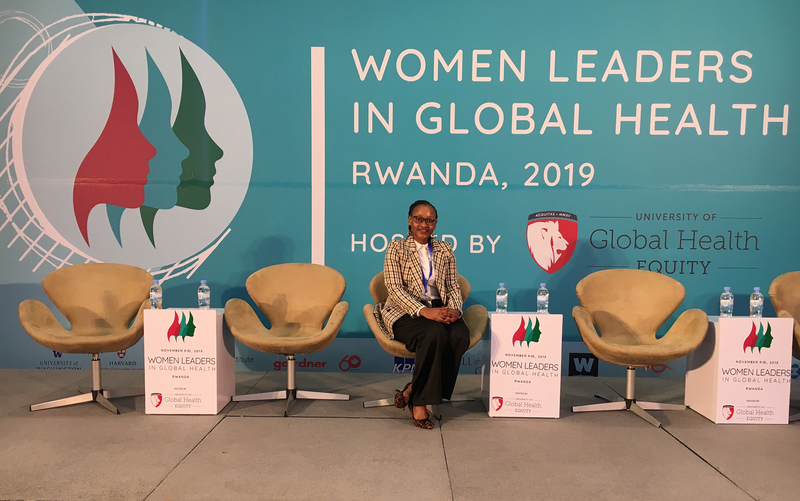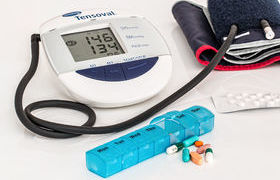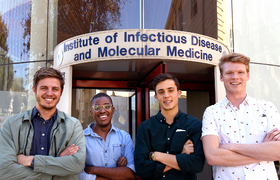Women in Global Health
22 November 2019 | Story Staff writer. Photo Sonya Soni. Read time 2 min.
Silindile Ngcobo, a PhD candidate in biomaterials at the University of Cape Town’s (UCT) Cardiovascular Research Unit in the Department of Surgery, recently took part in the 2019 Women in Global Health Conference (WLGH) in Rwanda.
Hosted by the University of Global Health Equity in Kigali, the two-day event brought together speakers from a range of sectors in global health. The conference provides a platform for current and emerging leaders to come together and discuss gender equity in health, and table methods of improving the sector and ensuring that it’s accessible for all.
Topics under discussion included addressing current health challenges in Africa, specifically the issues of access to healthcare services for women with disabilities and how climate change is affecting women’s health.
Ngcobo, representing UCT at WLGH, said she was selected in recognition for her work as a woman in science, technology, engineering and mathematics (STEM).
Technological innovations linked to the Fourth Industrial Revolution, which can help address a number of challenges in Africa’s healthcare sector, emerged as one of the key take-away points for the healthcare professionals in attendance.
According to Ngcobo, “Innovative technology can help solve some of Africa’s pressing healthcare problems, but assessing the workings of these innovations and how they address the problem needs to happen first … understanding the economy in which patients live, their social circumstances and the prevalence of other diseases should shape the researcher’s approach.”
Commenting on the need for a forum like WLGH, Ngcobo said, “It tracks our progress towards our development goals, contributes towards capacity development, and empowers young leaders across various disciplines to address their local needs.”
 This work is licensed under a Creative Commons Attribution-NoDerivatives 4.0 International License.
This work is licensed under a Creative Commons Attribution-NoDerivatives 4.0 International License.
Please view the republishing articles page for more information.










